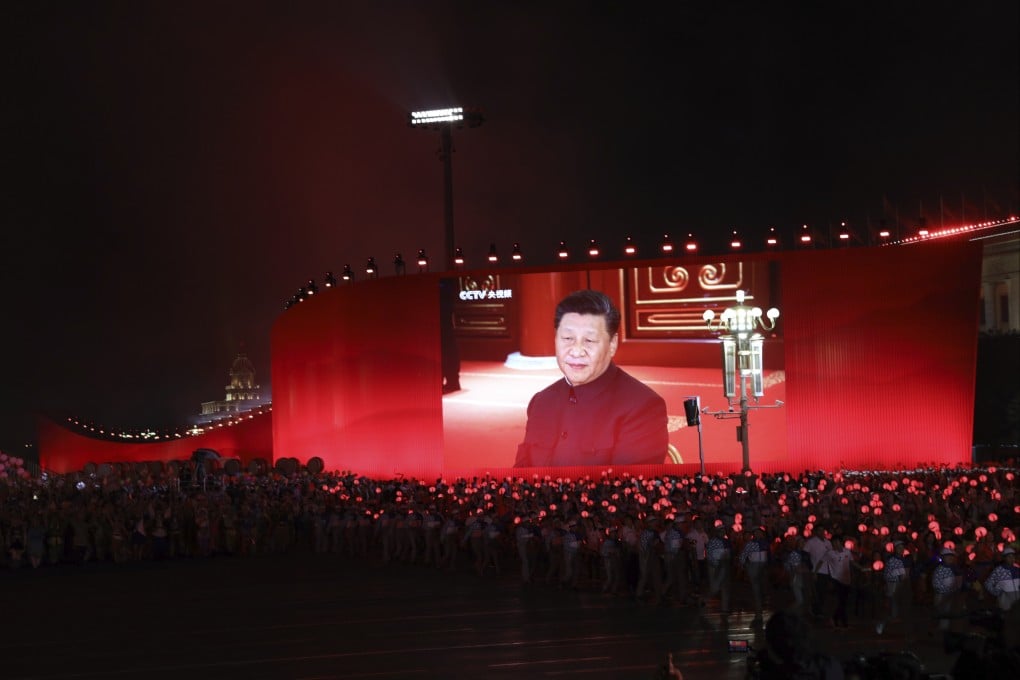China Briefing | Is capital evil? China’s widening crackdown has the ring of a bygone era defined by Mao and Marx
- Beijing’s warning against ‘colluding with capital’ sounds vague but is likely significant – and a sign its campaign targeting the private sector is about to widen
- China has good reasons to scale back excesses but its methods have fuelled leftist hype, prompting concerns it is abandoning the principles behind its economic success

Is capital evil?
Now the debate is set to ratchet up a notch. On Wednesday, the Chinese government introduced even more ominous lingo into the public discourse by accusing a former high-ranking official of “colluding with capital and backing disorderly expansion of capital”.
That is the most eye-catching of a slew of corruption allegations China’s top anti-graft agency, the Central Commission for Discipline Inspection (CCDI), has made against Zhou Jiangyong, once a political rising star and former party secretary of Hangzhou, capital city of Zhejiang province. Other charges include the more standard fare of trading power for a large amount of money and gifts, benefiting not only him but his relatives.

The announcement has immediately set tongues wagging about what the vague but potentially significant phrase of “colluding with capital” really means, who or what the word “capital” refers to, and its ramifications.

